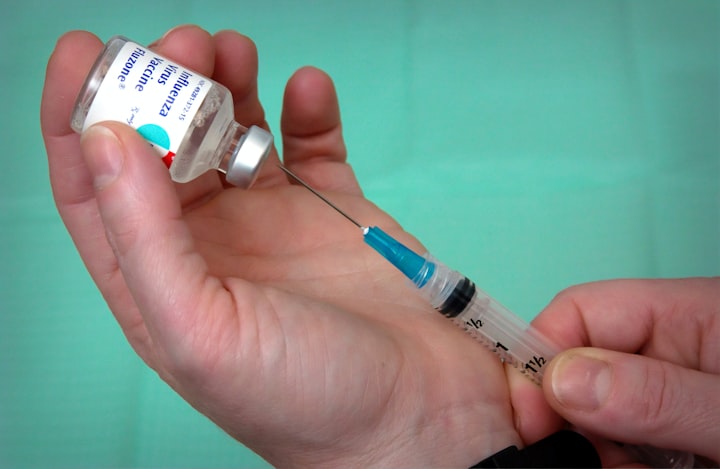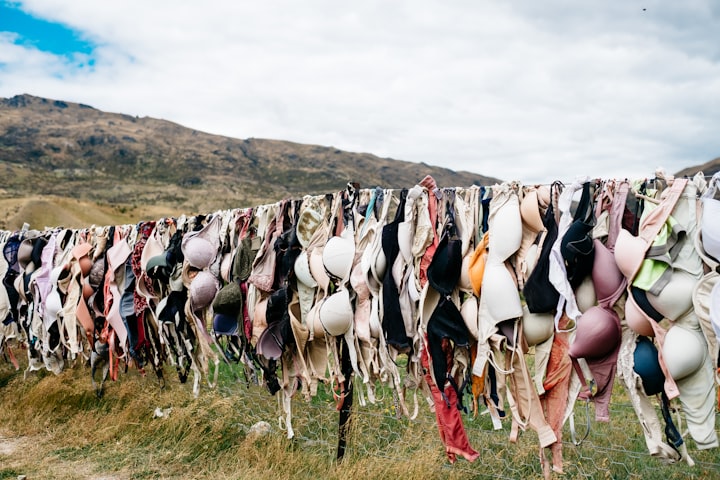Why is it taking so long to create a vaccine for the coronavirus, COVID-19?
How are vaccines created?
In order to understand why it takes a long time to create a new vaccine, it is helpful to have a basic understanding of how a vaccine is brought to market.
According to the Centers for Disease Control and Prevention vaccine development is a five-stage process:
1. Exploratory stage - manufacturers search for compounds to develop a vaccine
2. Pre-clinical stage - the vaccine is analyzed and tested in standard animal testing
3. Clinical development - an investigational vaccine is tested in human trials in a three-phase process:
- phase 1 - the trial vaccine is tested on small groups of people to establish its safety
- phase 2 - clinical study is expanded and tested on larger groups of people
- phase 3 - the vaccine is tested on groups of thousands of people to test efficacy and safety
4. Regulatory review and approval - when an investigational vaccine is proven safe and effective in clinical trials, the Food and Drug Administration (FDA) will evaluate the vaccine and administer approval for manufacturing
5. Quality control - quality standards ensure that the vaccine has been manufactured with attention paid to all required protocols
Each stage can take months or even years, and complications can happen at any stage resulting in progress being suspended indefinitely.
Data gathering for a new vaccine
Data gathered initially from standard animal testing on multiple vaccines is analysed to ascertain which vaccines will be selected for human trials. Additional requirements for government funding can then take considerable time to be actioned. The need for a multi-pronged approach with collaboration from scientists around the world also takes additional time, due to the organisation of large volumes of data that need to be analyised.
Expert opinion regarding the development of a new vaccine is that it typically takes years to develop, and they anticipate that a vaccine for the coronavirus is unlikely to be available for at least another 12 to 18 months.
Human trials for Coronavirus vaccine
Once the vaccine is ready for human trials, the next stage is an investigational vaccine, which may or may not be successful. Dr. Mikael Dolsten, chief scientific officer at Pfizer, said that "we understand that one company, one vaccine, one test or one medicine will not be an effective solution to overcoming the tremendous task at hand." One of the other biggest delays for vaccine development is the need to manufacture and distribute it in large quantities, which requires significant funding. Currently, a requirement for another $2 billion in funding has been estimated by the Coalition for Epidemic Preparedness Innovations (CEPI). Johnson & Johnson’s Chief Scientific Officer Paul Stoffels has said that although he was confident a vaccine could be developed within months, manufacturing the vaccine in large enough quantities may take around a year.
Testing new corona vaccine
To test the investigational vaccine volunteers need to be brought together and testing needs to be done under strict clinical conditions, this can take a number of months to organise and then the results need to be analysed which again can take months, especially when research is being shared and analysed by teams in multiple countries. Currently, the UK is the first country in Europe to conduct the first human trial of a coronavirus vaccine. Sarah Gilbert is now overseeing the trial based in Oxford in collaboration with worldwide academics to find a vaccine for Covid-19, which could be available for manufacturing and distribution by September. However, Professor Andrew Pollard, Chief Investigator on the study, and Professor of Paediatric Infection and Immunity, University of Oxford, said "to get to the very large scale there is a huge technical effort and I think it's unlikely that could happen before the end of this year”.
Further delays may be caused by the measures in place to slow down the spread of the coronavirus which has resulted in fewer cases of the virus which in turn will reduce the rate that it can be tested. Even when early results seem promising, full clinical trials need to be concluded. This requires volunteers and can take months to organise, before the effectiveness of the vaccine can be determined. The data itself is then shared and can take months to analyse by teams in multiple countries. If the results from the data prove to be promising, the UK government has indicated that funding will be made available for the manufacture of the vaccine.
In the USA human trials on the vaccine with healthy volunteers have been accelerated after it bypassed standard animal testing.
Researchers within the Coalition for Epidemic Preparedness Innovations (CEPI) have indicated that at least one vaccine will be available within 18 months, which would be the quickest development of a vaccine for a brand new pathogen.
Expert, Sir Patrick Vallance, chief scientific adviser warns
"All new vaccines that come into development are long shots. Only some end up successful. Coronavirus will be no different and presents new challenges. This will take time."
Will there be enough coronavirus vaccines for everyone?
For a vaccine to be effective then experts predict at least 60% to 70% of people need to be vaccinated for herd immunity to be established. Additionally, there will be groups of people that do not respond as well to immunisation and need to have the vaccine more than once, such as older people and people with underlying health conditions increasing the number of vaccines required. Globally this would mean billions of people would need to be vaccinated in order for the vaccine to effectively slow down the spread of COVID-19.
Who will decide who gets the vaccine first?
There will be a necessity to prioritise who is given the first vaccines for Covid-19 as initially there will be a limited supply.
Prof Pollard said
"We've got to ensure we have enough doses to provide for those in greatest need, not just in the UK but also in developing countries."
It would make sense that people who work in healthcare and are most likely to be exposed to Covid-19 when treating and caring for patients, will be the highest priority. Older people and people with underlying health conditions are the next most vulnerable group and would most likely be the next group given the vaccine. Next in line could be people who live with or care for the elderly. Finally, the vaccine would be rolled out to the remainder of the population.
About the Creator
Annabelle Baugh
I enjoy researching and writing original content and have created numerous articles, broadcast scripts, and blog posts, for a range of clients, including legal, healthcare, and medical companies.







Comments
There are no comments for this story
Be the first to respond and start the conversation.